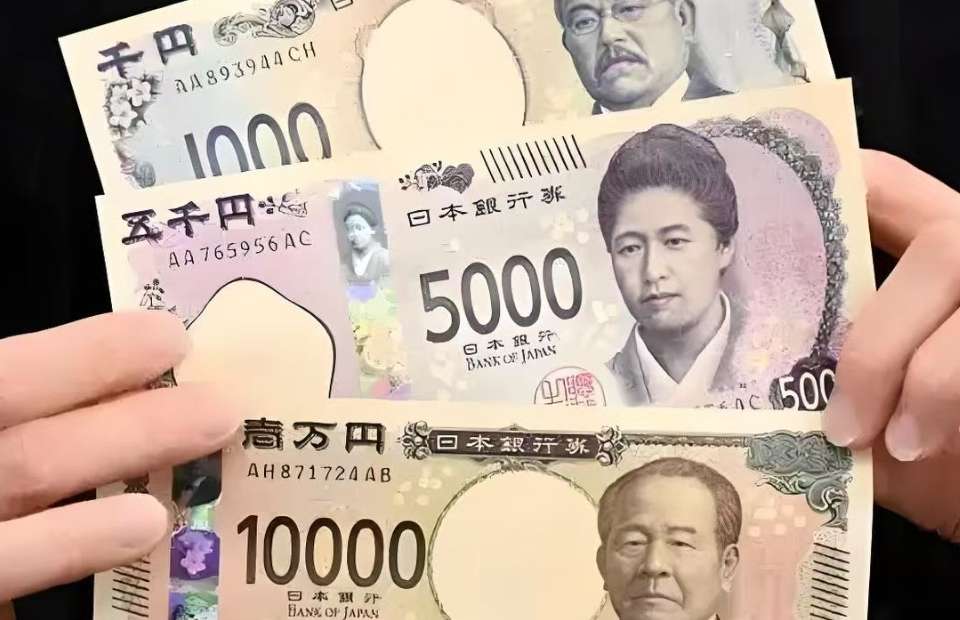On July 31, 2023, the Bank of Japan made a notable announcement that would mark a significant shift in its monetary policy. The bank raised its benchmark interest rate to 0.25% and decided to cut its government bond purchases by half, signaling a departure from the aggressive monetary stimulus strategies that it had been implementing for the past quarter-century.
This adjustment comes in the context of rising inflation in Japan, indicating a trend towards normalizing monetary conditions that had been unusually loose for an extended period. It has provoked a significant response in the financial markets, particularly in Japanese stock trading.
The very next day, on August 1, the Japanese stock market saw a sharp decline. The Nikkei 225 index plummeted during trading, dropping over 1300 points and dipping below 38000, reflecting a fall of nearly 3.5%. By the closing bell, the index had ended down 975.49 points at 38126.33, which translates to a decrease of 2.49%, effectively erasing gains made the previous day.
The Bank of Japan's recent moves might signal the beginning of an interest rate hike cycle, something that had been long speculated in the financial community.
On July 31, the central bank also adjusted its target for overnight borrowing rates to 0.25%, up from a range of 0% to 0.1% set back in March. However, it is crucial to note that the real interest rate, once adjusted for inflation, remains negative.
The central bank articulated that if the economic conditions evolve as predicted, it plans to continue incrementally increasing interest rates, positing that “looser financial conditions will remain a strong support for economic activities.”
Bank of Japan Governor Kazuo Ueda remarked that the decision to raise rates was based on a relatively solid economic foundation in Japan. Despite some anxiety that consumer spending may decrease as prices rise, wages are also increasing concurrently with price levels.
Ueda hinted at the possibility of further rate hikes this year, contingent upon how the economy performs and the recent hikes’ impact on economic activities and prices. He refrained from committing to a specific timeline, emphasizing that adjustments to the long-standing low-interest environment should not be rushed.
For nearly the past decade, the Bank of Japan maintained interest rates near zero or even negative. This approach was intended to spark inflation in a deflationary economy and secure more robust economic growth.
Ueda acknowledged that although it cannot be definitively stated that Japan has overcome deflation, prices do appear to be rising steadily.
However, the zero interest rate policy has been contentious; when wage growth fails to keep pace with rising prices, consumers typically reduce their spending. This issue is exacerbated by rising costs for imported essential goods such as natural gas and oil, further strained by a weakening yen that raises overall prices in Japan, with key inflation metrics surpassing the Bank of Japan’s target of 2% for several consecutive months.

The latest decisions from the Bank of Japan reflect a changing perspective among some stakeholders regarding the relationship between interest rate hikes and economic growth. Traditionally viewed as a dampening factor for economic activity, recent trends, particularly following the Federal Reserve's rate hikes, have shown that the U.S. economy continued to enjoy robust growth. In Japan, there are voices among economists and politicians advocating for a shift away from sustained low-rate policies, due to its impact on the yen's value and the consequent increase in import costs for consumer goods.
Earlier this year, the yen had plummeted to its lowest value since 1986 but has recently regained some strength, raising market expectations for more interest rate hikes in Japan as economic conditions evolve.
As Japan brings an end to negative interest rates, this year marks the conclusion of a significant chapter in its monetary history.
In March, the central bank discontinued the global holdout of negative interest rate policy, stating it would no longer strive to control the yield on Japanese government bonds. At the end of March, the Bank of Japan held over half of all outstanding government debt, the decision to gradually taper its bond purchases is aimed at reducing this to 30 trillion yen (approximately $200 billion) per month by early 2026, which is half of its previous target.
As expectations mount for the Federal Reserve to start reducing interest rates later this year, the narrowing interest differential between Japan and the United States could reshape the dynamics of global investment flows. With trillions of dollars in foreign assets, Japan could see a shift where domestic investors prefer yielding returns from yen-denominated investments.
The ruling Liberal Democratic Party's Secretary-General Toshimitsu Motegi urged the Bank of Japan to normalize monetary policy and emphasized the importance of a stronger yen. According to insiders, these views are gaining traction within the Bank of Japan, but a broad consensus has yet to be reached.
Within the Bank of Japan, some officials believe that the recent rate hikes will spur the economy by strengthening the yen and boosting consumer spending. Others, however, worry that raising rates could undermine consumer confidence, leading to increased mortgage repayments for households.
In conjunction with the interest rate decisions, the Bank of Japan reiterated its belief through its quarterly outlook that inflation would hover around the 2% target level over the coming years. Ipek Ozkardeskaya, a senior analyst at Swissquote Bank, noted that the language used by the Bank of Japan reflects a 'very optimistic view of prices,' suggesting that further interest rate increases may be on the horizon. Analysts believe the central bank aims to address what many perceive to be an excessively weak yen while trying to avoid triggering severe negative reactions within the economy.